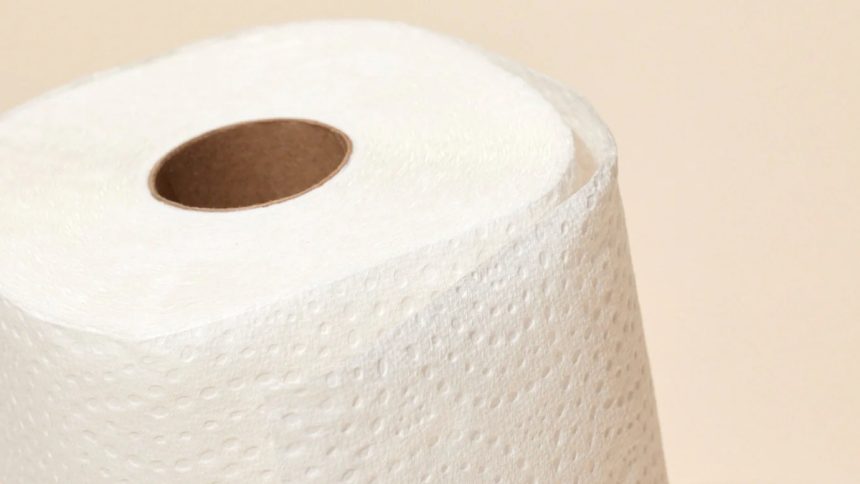As we all strive for a greener planet, the choices we make in our daily lives shape our environmental impact. But let’s be honest, completely overhauling your lifestyle for the sake of sustainability can seem overwhelming and inconvenient. Here, we guide you through some clever and convenient eco-friendly swaps you can easily make in your home. These changes won’t just help the planet—they’ll make your life easier and might even save you some money in the long run.
From Plastic to Glass: The Clear Choice for Storage
One of the simplest ways to start making your home more eco-friendly is to swap out plastic storage containers for glass ones. While plastic containers are convenient, they can leach chemicals into your food and aren’t always recyclable, contributing to landfill waste.
Glass containers, on the other hand, are free from chemicals like BPA, endlessly recyclable, and can go from fridge to microwave without a hitch. They might be a bit heavier and more fragile, but their durability and safety features are unbeatable. Imagine the satisfaction of a pantry and fridge organized with clear, matching glass containers—it’s not just good for the earth, it’s a visual upgrade for your home!
Lighting the Way: How About Those Linear LED Lights?
When it comes to home lighting, the appeal of linear LED lights is hard to ignore. These sleek, efficient fixtures have taken the market by storm, not just for their stylish appearance but for their incredible energy efficiency.
Linear LEDs use significantly less energy than traditional bulbs and last longer, which means less frequent replacements and reduced waste. Plus, their uniform light distribution can make any room in your house look like it belongs in a chic gallery. Switching to more LED lighting is a bright idea that saves energy, cuts costs, and keeps your space illuminated in eco-style. It’s a straightforward swap with a dazzling difference.
Wiping Away Waste With Bamboo Paper Towels
Let’s talk about bamboo paper towels. Unlike traditional paper towels that contribute to deforestation and landfill issues, bamboo paper towels offer a sustainable and strong alternative. Bamboo grows quickly, requires no fertilizer, and regenerates from its own roots, so it doesn’t need to be replanted.
By choosing disposable bamboo paper towels, you’re not only opting for a product that’s soft and highly absorbent but also kind to the planet. They are as convenient as regular paper towels, but without the harmful chemicals and deforestation issues. This is an eco-swap that doesn’t just add value to your home; it brings a touch of conscientious luxury to your daily routine.
A Softer Touch With Organic Cotton Linens
Next on our list of eco-friendly home swaps, consider replacing your conventional bedding and towels with organic cotton options. Traditional cotton farming uses so many pesticides and too much water. Organic cotton, however, is grown without harmful chemicals and generally uses far less water, making it a far more sustainable choice. Imagine slipping into bed every night, wrapped in linens that are not only soft and cozy but also kinder to the planet. Upgrading to organic cotton doesn’t just soothe your skin—it eases your conscience too.
Eco-Chic With Second-Hand Furniture
In the spirit of reducing waste and supporting a circular economy, why not opt for second-hand furniture? Not only does this help keep perfectly good furniture out of landfills, but it also reduces the high demand for new resources and the environmental impact associated with manufacturing new pieces.
Shops specializing in upcycled furniture often offer unique, vintage, or customized pieces that can add a distinctive flair to your decor. Picture your living room with a charming antique desk or a retro armchair—each piece tells a story, adds character, and, most importantly, offers a sustainable alternative to buying new.
Filtered Water, Unfiltered Joy
Our final swap is all about water—specifically, switching from bottled water to a home filtration system. Plastic water bottles are a major contributor to ocean plastic pollution and can be a significant household expense over time.
Installing a water filtration system in your home provides you with clean, safe drinking water and reduces your reliance on plastic bottles. Whether it’s a simple pitcher filter or a more sophisticated under-sink system, the purity of the water is only matched by the purity of your environmental intentions.
Embracing eco-friendly swaps within your home doesn’t require a monumental shift—small changes can make a big difference. By choosing to replace everyday items with more sustainable alternatives, you contribute to a healthier planet and a more eco-conscious lifestyle. So take that step, make the swap, and enjoy the benefits of a greener, cleaner home. It’s a smart choice—for you, your family, and the earth.
Lynn Martelli is an editor at Readability. She received her MFA in Creative Writing from Antioch University and has worked as an editor for over 10 years. Lynn has edited a wide variety of books, including fiction, non-fiction, memoirs, and more. In her free time, Lynn enjoys reading, writing, and spending time with her family and friends.















